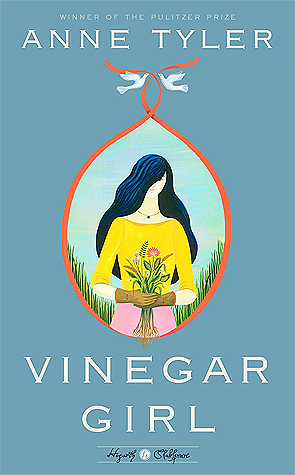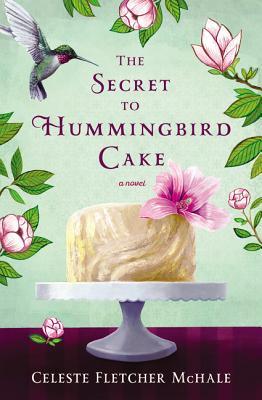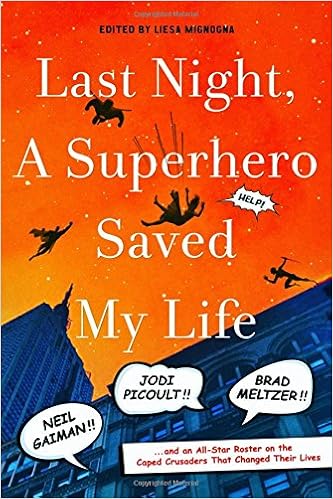 |
| Hogarth Shakespeare |
Jeanette Winterson
2015
The Summary
"The Winter's Tale is one of Shakespeare's late plays. It tells the story of a king whose jealousy results in the banishment of his baby daughter and the death of his beautiful wife. His daughter is found and brought up by a shepherd on the Bohemian coast, but through a series of extraordinary events, father and daughter, and eventually mother too, are reunited.
"In The Gap of Time, Jeanette Winterson's cover version of The Winter's Tale, we move from London, a city reeling after the 2008 financial crisis, to a storm-ravaged American city called New Bohemia. Her tale is one of childhood friendship, money, status, technology, and the elliptical nature of time. Written with energy and wit, this is a story of the consuming power of jealousy on the one hand, and redemption and the enduring love of a lost child on the other."
The Good
The Gap of Time was an intriguing novel. Part tragedy, part story of redemption, The Gap of Time does a fair job of transporting Shakespeare's play to the modern era. It conveys all the conflict, all the tragedy and love and joy and hurt of The Winter's Tale, but it also gives his characters a little more color, a little more depth.
And, speaking of characters, I want to mention Shep. Aside from Autolycus, who is basically a crooked car salesman with a heart of gold, Shep is probably my favorite character. He has this gentle, genuine quality to him that I appreciated the more I got to know him (and the other characters), and he has such a wonderful narrative.
In the first chapter (if it can be called a chapter), Shep details the tragedies that have beset him and tells readers how he happened across Perdita. Yes, I found his thoughts were rather tangled up with his past, caught up in the regrets that plague him and the memories that haven't quite settled; however, his narrative is heavy with emotion and purpose. It has a lyrical quality to it that makes his words beautiful.
I loved the way he describes his first encounter with Perdita, how he describes his out of body experience of finding the baby and knowing, just knowing she was in his life for good: "I realise without realising that I've got the tyre lever in my hand. I move without moving to prise open the hatch. It is easy. I lift out the baby and she's as light as a star."
Or when Shep decided, in one moment the importance of this child in his life--and recognized the impact of important moments:
"The cars come and the cars go between me and my crossing the street. The anonymous always-in-motion world. The baby and I stand still, and it's as if she knows that a choice has to be made.
"Or does it? The important things happen by chance. Only the rest gets planned.
"I walked round the block thinking I'd think about it, but my legs were heading home, and sometimes you have to accept that your heart knows what to do."
His lines are, by far, the best found in the book.
The Bad
I didn't really understand The Gap of Time. It just didn't strike the right note with me, so to speak, and it didn't appeal to me on an emotional level, because I didn't understand the characters--that is, I couldn't connect with them. Much of Winterson's novel is told in this odd, almost meandering verse that is part omniscient, omnipresent narration and part stream-of-consciousness monologuing.
It actually reminded me a lot of The Sound and the Fury, in that I didn't quite understand it either. Not only does it hopscotch through time, it utilizes a style of writing that makes it difficult to read. It feels scattered, unhinged, especially when Leo is involved. I couldn't stand when Leo was involved, I couldn't stand his jealous rantings or his madman-like ravings. It made the story difficult to stomach and altogether too brutal.
Overall, I had a hard time understanding and connecting to Winterson's novel. It made me squirm, but it didn't make me think. It made me feel sympathy for Perdita, for Hermione (MiMi) and their shared plight, but it didn't make me feel sorry that Perdita was ripped from her home and given a parent who loved her with the unbounded, unconditional love that a parent feels for their offspring.
It made me feel revulsion, but it didn't make me feel joy, which I found very disappointing.
The Ugly
Leo never seems to understand what he did wrong. I mean, sure he's remorseful for his actions after they destroy the lives of so many (his wife, his daughter, his best friend, his son, and his own), but, even after the nuclear fallout has settled, he doesn't quite seem to grasp that his actions--his jealousy, his vindictive attitude, his sense of superiority, his abject cruelty--is what drove everyone he loved away and resulted in so many heavy casualties.
At the end, he's not the lion of a man he was at one time; however, he doesn't seem to have learned much of anything either. Maybe, I don't understand his humor (his racist/anti-semitic playfulness that Pauline merely ignores or his complicated almost cruel relationship with Xeno); maybe, I don't understand him, period. Either way, I feel like Leo just didn't develop as a character and he didn't learn from his mistakes.
He was too stubborn to accept Perdita as his daughter, too jealous to accept that his wife wasn't sleeping with his best friend, and simply too cruel. I mean, he doesn't even bother to contact his wife--the woman he supposedly loves beyond comprehension--after their world is torn asunder and he doesn't bother to seek out his daughter, if he ever even accepts that she's his.
I hated Leo.
Yes, hated.
I much preferred Shep. Like Leo, Shep is grieving and hurt by the "anonymous always-in-motion world," but he doesn't let it hollow him out, turn him into a raving madman or a violent, vindictive father. He lets Perdita into his life, unlike Leo, and he lets love back into his life. He doesn't cast it aside, he doesn't try to ruin lives because he's hurt. He makes an effort to change his life, he makes an effort to be kind.
So, yes, I much prefer Shep and I can't help thinking that Perdita got a much better deal when she wound up in his care. Just saying.











